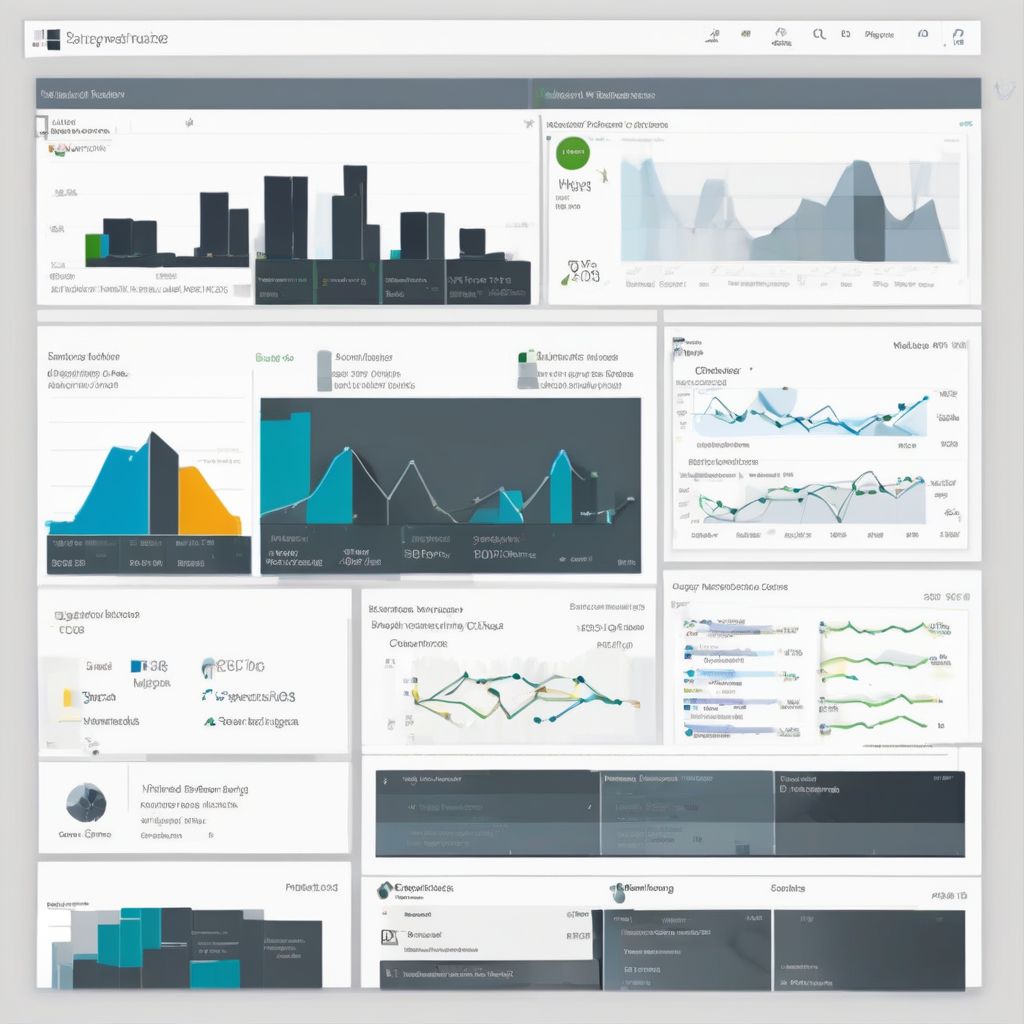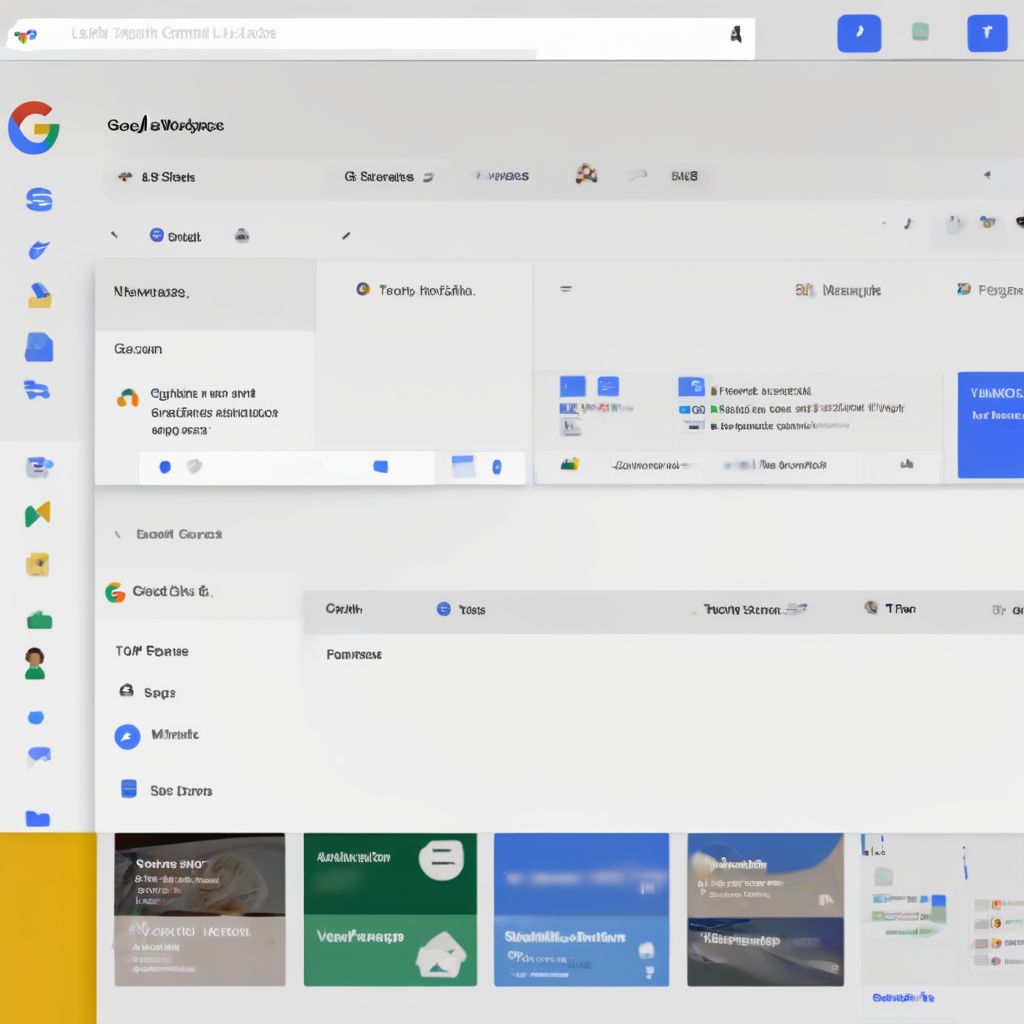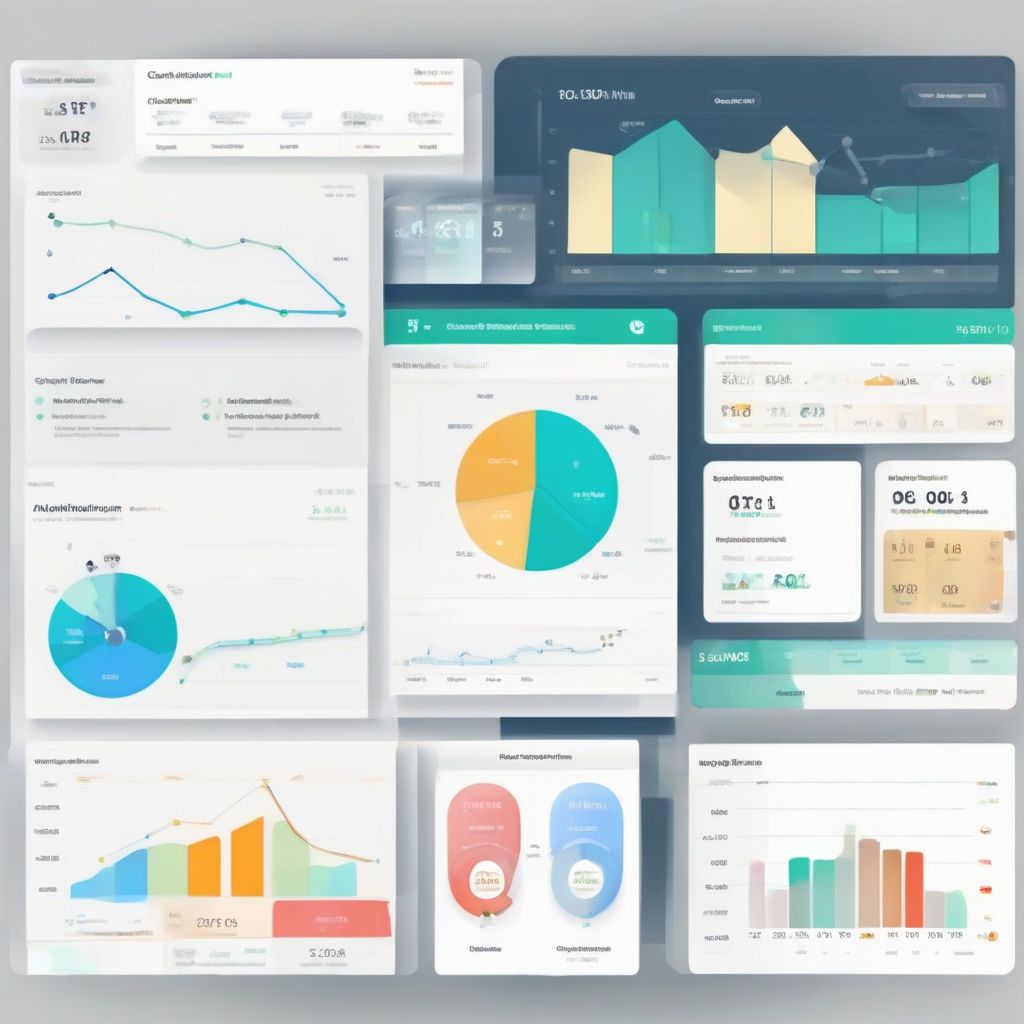Microsoft Dynamics 365 CRM, often referred to as Dynamics 365 for Sales or simply D365 Sales, has become a cornerstone for businesses aiming to streamline their customer relationship management processes. But what exactly is it, and why is it crucial in today’s competitive landscape?
This article will delve into the intricacies of Microsoft Dynamics 365 CRM, exploring its functionalities, benefits, and answering common questions surrounding this powerful tool.
Demystifying Microsoft Dynamics 365 CRM
At its core, Microsoft Dynamics 365 CRM is a cloud-based software solution designed to help businesses manage and nurture their relationships with customers. Imagine a central hub where you can access everything related to your customers – their contact details, communication history, purchase records, and even their social media interactions. That’s D365 Sales in a nutshell.
But it’s much more than just a digital Rolodex. Dynamics 365 CRM empowers businesses to:
- Automate Sales Processes: From lead generation to closing deals and beyond, D365 Sales automates repetitive tasks, freeing up your sales team to focus on building relationships and closing deals.
- Gain Actionable Insights: The platform provides powerful analytics and reporting tools, offering valuable insights into customer behavior, sales trends, and overall business performance.
- Boost Customer Satisfaction: By providing a 360-degree view of the customer, D365 Sales enables personalized interactions and tailored solutions, leading to increased customer satisfaction and loyalty.
Why is Microsoft Dynamics 365 CRM Important?
In the age of the customer, delivering exceptional experiences is paramount. Customers expect businesses to know their preferences, anticipate their needs, and provide seamless interactions across all touchpoints. This is where Microsoft Dynamics 365 CRM shines.
Implementing D365 Sales can lead to:
- Increased Sales and Revenue: Streamlined sales processes, improved lead conversion rates, and enhanced upselling opportunities contribute to a healthier bottom line.
- Improved Customer Retention: Personalized interactions and proactive service foster customer loyalty and reduce churn rates.
- Enhanced Team Collaboration: The collaborative nature of D365 Sales breaks down silos between departments, ensuring everyone has access to the same up-to-date customer information.
Addressing Your Questions About Microsoft Dynamics 365 CRM
Navigating the world of CRM solutions can be overwhelming, especially with a robust platform like Dynamics 365 Sales. Let’s tackle some common queries:
1. What are the key features of Microsoft Dynamics 365 CRM?
- Sales Force Automation: Automate sales tasks, manage leads and opportunities, and track customer interactions effortlessly.
- Marketing Automation: Create targeted marketing campaigns, nurture leads, and measure campaign effectiveness.
- Customer Service: Deliver exceptional customer support through case management, knowledge base integration, and self-service portals.
- Field Service: Manage field technicians, schedule appointments, and track service delivery.
2. How much does Microsoft Dynamics 365 CRM cost?
Pricing for Dynamics 365 Sales varies depending on the number of users, desired applications, and chosen plan. It’s best to contact Microsoft directly or an authorized partner for a tailored quote.
3. What are some popular alternatives to Microsoft Dynamics 365 CRM?
While Dynamics 365 Sales is a leading CRM platform, other popular alternatives include Salesforce, HubSpot CRM, and Zoho CRM. The best choice depends on your specific business requirements and budget.
Conclusion
Microsoft Dynamics 365 CRM is more than just a software solution; it’s a strategic investment that can transform your customer relationships and fuel business growth. By embracing the power of D365 Sales, you can unlock valuable insights, automate key processes, and deliver exceptional customer experiences that set you apart from the competition.
 Modern dashboard interface of Microsoft Dynamics 365
Modern dashboard interface of Microsoft Dynamics 365
We encourage you to explore the possibilities of Microsoft Dynamics 365 CRM further. Share your thoughts, questions, and experiences in the comments below. Let’s continue the conversation!


